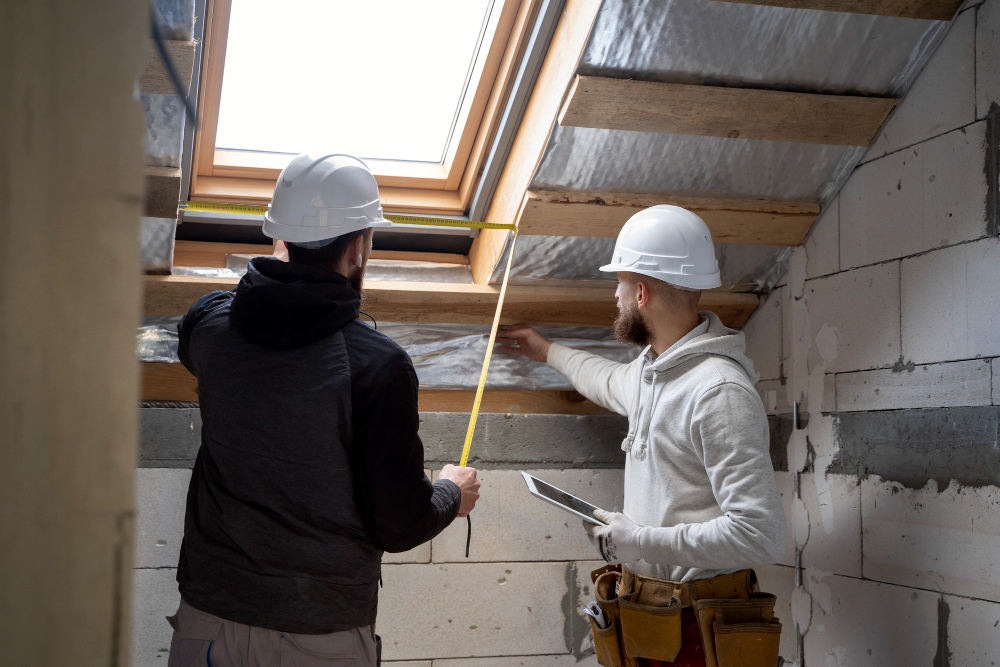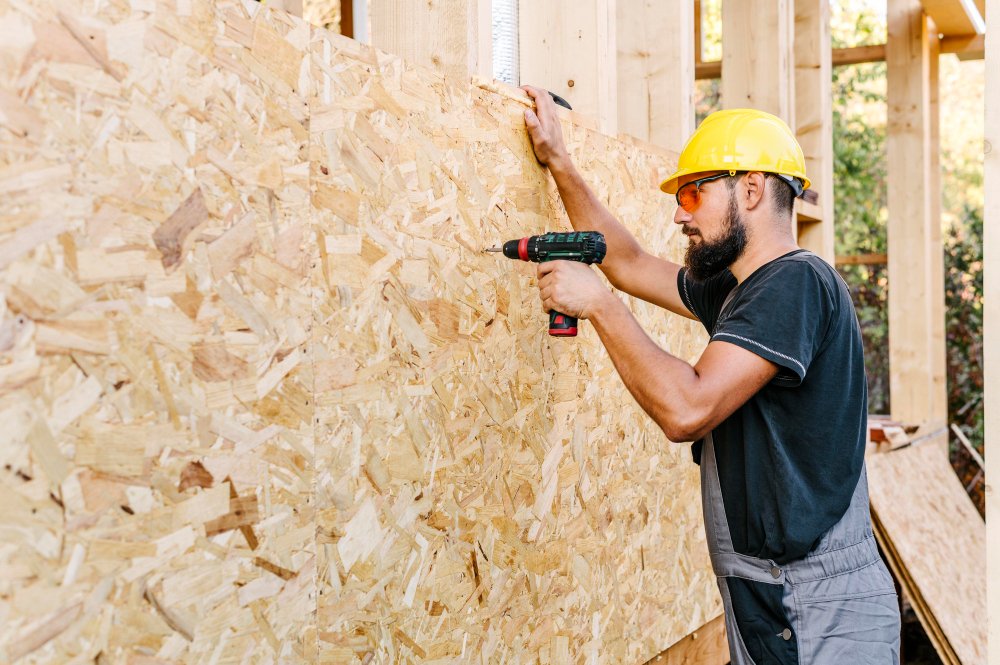As the world continues to focus on energy efficiency and sustainability, the demand for insulation installers is on the rise. With advancements in technology and an increased emphasis on eco-friendly materials, insulation installation is evolving to meet the needs of modern homeowners and businesses. In this article, we will explore the future trends and developments in insulation installation, and how these changes will impact insulation installers. From smart insulation technology to sustainable materials, the future of insulation installation looks promising and innovative.
The Growing Importance Of Energy Efficiency

As global energy consumption continues to rise, the need for energy-efficient solutions is more important than ever. Insulation plays a crucial role in reducing energy consumption by preventing heat loss in buildings. As a result, insulation installers are increasingly in demand as homeowners and businesses look to improve their energy efficiency and reduce their carbon footprint.
Governments around the world are also recognizing the importance of energy efficiency, implementing stricter building codes and offering incentives for energy-efficient upgrades. This focus on energy efficiency is driving innovation in insulation installation, with new materials and technologies emerging to meet these growing demands.
Sustainable Materials In Insulation Installation
The use of sustainable materials in insulation installation is a growing trend, driven by both environmental concerns and consumer demand. Insulation installers are increasingly using eco-friendly materials, such as cellulose, sheep’s wool, and recycled denim, to provide effective insulation while minimizing environmental impact.
These sustainable materials not only help reduce the carbon footprint of insulation installation but also offer additional benefits. For example, sheep’s wool insulation is naturally fire-resistant and can help improve indoor air quality by absorbing pollutants. As the demand for sustainable materials continues to grow, insulation installers will need to adapt and expand their offerings to meet this market trend.
Smart Insulation Technology
The integration of smart technology into insulation installation is another exciting development in the industry. Smart insulation systems use sensors and controls to monitor and regulate the temperature and humidity within a building, adjusting insulation levels as needed to optimize energy efficiency.
These systems can also provide valuable data on a building’s energy performance, allowing homeowners and businesses to make informed decisions about their energy use and insulation needs. As smart technology becomes more prevalent, insulation installers will need to stay up to date with these innovations to remain competitive in the market.
Spray Foam Insulation: A Game Changer
Spray foam insulation is a relatively new development in insulation installation that has quickly gained popularity due to its effectiveness and versatility. This type of insulation is applied as a liquid that expands and hardens, filling gaps and providing airtight insulation. Spray foam insulation offers several advantages over traditional insulation materials, including higher R-values, better air sealing, and resistance to moisture and mold.
As more homeowners and businesses opt for spray foam insulation, insulation installers will need to become proficient in this technique to meet the growing demand. This may require additional training and certification, as well as investments in specialized equipment.
The Future Of Insulation Installers: Opportunities And Challenges

The future of insulation installation offers both opportunities and challenges for insulation installers. As the demand for energy-efficient solutions and sustainable materials continues to grow, insulation installers can expect increased business and the need to adapt to new technologies and materials.
However, this evolving industry also presents challenges. Insulation installers will need to invest in ongoing training and education to stay current with the latest trends and technologies. Additionally, as new materials and techniques emerge, insulation installers may face increased competition from specialized contractors and manufacturers offering turnkey solutions.
Conclusion
The future of insulation installation is bright, with growing demand for energy-efficient solutions and sustainable materials driving innovation in the industry. Insulation installers will need to adapt to these changes, embracing new technologies and materials to stay competitive in the market. By staying current with industry trends and investing in ongoing education and training, insulation installers can position themselves for success in the evolving world of insulation installation.




